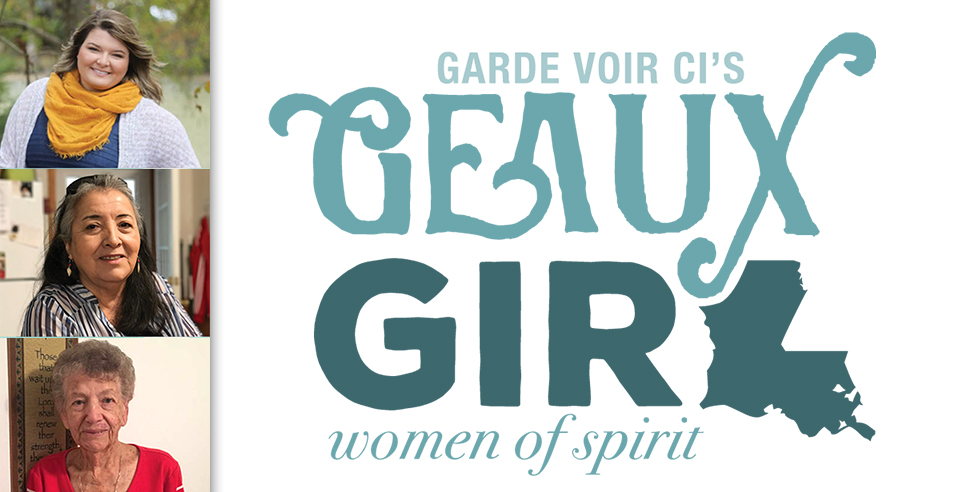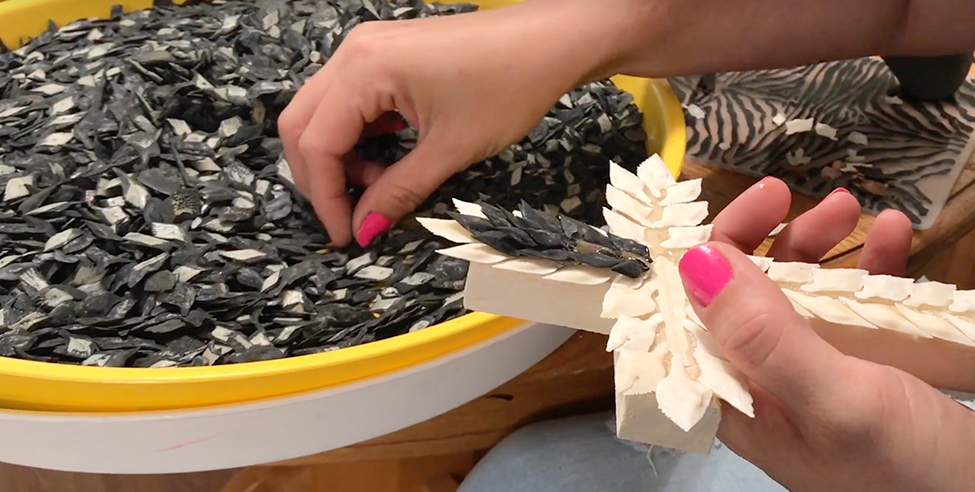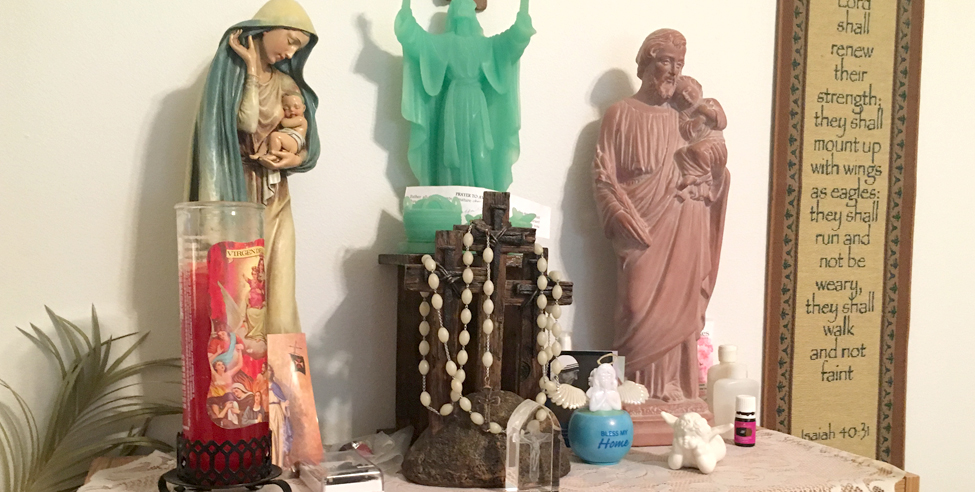Women of Spirit // Geaux Girl

by Jessica Taylor, Features Editor Faith plays an important role in the lives of people in South Louisiana. From Native-American religious ceremonies, to voodoo rituals and Christian masses, faith in the South has multiple faces. Native American Much more than a personal relationship between the faithful and their devotion, women in South Louisiana are proud […]
Garfish Scale Art // United Houma Nation

by Tatum Gehbauer, Video/Audio Editor Meet these Bayou Women of Spirit
Cajun Faith & Healing // Traiteurs

by Angelle Gaspard, Managing Editor Traiteur. Treater. Healer by faith. What was once a common practice in South Louisiana has since died down. Gheens is a small town that follows a long, rough road between Matthews and Raceland. Edna Quick lives in the middle of this small town. Quick is a practicing traiteur and the […]
